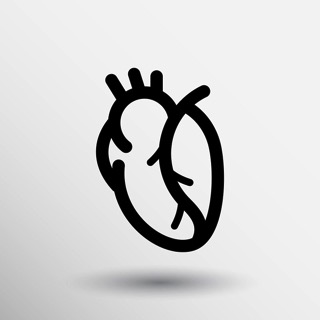Eat breakfast to lose weight

If you’re like most Americans, you eat a high-carb breakfast packed with grains, dairy, and sugar, or you don’t eat breakfast at all either because you’re too busy or you want to lose weight. Either way, you’re not doing yourself any favors.
Breakfast is exactly what it sounds like — the breaking of a fast. After 8-plus hours of no food, your body needs fuel to bring its systems up to speed and maintain even energy for the day. As it turns out, eating a solid breakfast is one of the best things you can do to lose weight. It also helps assure a clear mind, steady emotions, and plentiful energy throughout the day.
Skipping breakfast can actually make you gain weight!
We’ve all been taught the “calories in vs. calories out” theory for weight loss. In an effort to cut calories, we skip breakfast because it’s the easiest meal to do without, especially if we tend to wake up with no appetite or we’re always in a rush to get to work. But while calories can matter, skipping breakfast can actually lead to weight gain:
When you wake in the morning, your blood sugar is already low. Skipping breakfast (or any meal) allows it to go lower and impairs insulin sensitivity, which leads to weight gain.
Chronic low blood sugar creates a cascade effect in your hormonal system that directly affects your body’s ability to deal with stress. This can result in increased inflammation throughout your body, which can lead to weight gain. Low blood sugar also causes brain fog, mood issues, insomnia, decreased brain function, and other health issues. None of these symptoms will help you stick to a healthier eating plan.
Skipping breakfast has interesting behavioral effects; research shows that people who skip breakfast tend to reach for higher calorie foods once they do eat, leading to higher total daily calorie consumption than those who ate a solid breakfast. This is partly because missing meals causes the brain to become primed toward higher-calorie foods like it would during starvation or famine.
Skipping breakfast makes you more likely to binge on sugary foods that result in an energy crash later in the day—making you less likely to go out and get that much-needed exercise. (PS: A big sweet, milky coffee drink with whipped cream is not a breakfast.)
Eat a protein-strong breakfast for weight loss and steady energy
You know you need to eat breakfast. But eating traditional carb-heavy breakfast foods such as cereals, bagels, muffins, and fruit smoothies isn’t a great idea; they sabotage your weight loss goals by destabilizing blood glucose and insulin after the night’s fast, as well as kicking cravings for quick-energy sugary stuff and junk foods into high gear.
Eating a nutrient-dense, lower carb breakfast with plenty of protein and healthy fats provides the brain and body with proper fuel, balances your blood sugar and insulin, and gives your metabolism a boost for the day.
Studies show a protein-strong breakfast can also reduce hunger hormones, increase the chemical that tells your brain to stop eating, improve your sense of satiety, and reduce evening snacking.
Labels: Uncategorized






